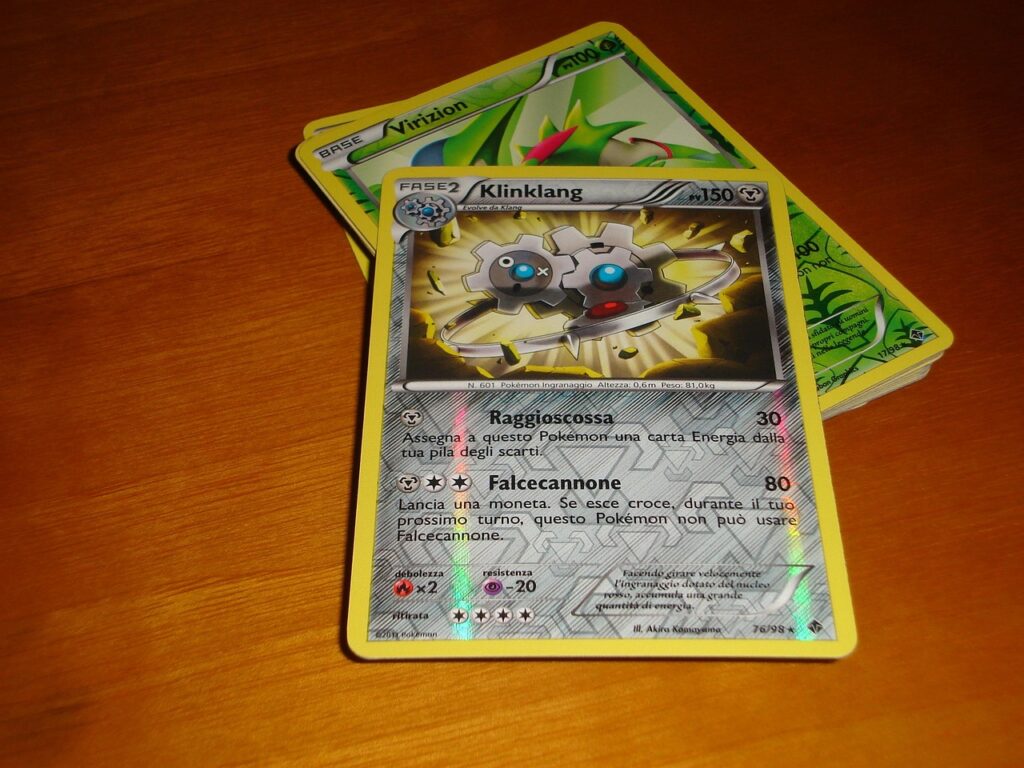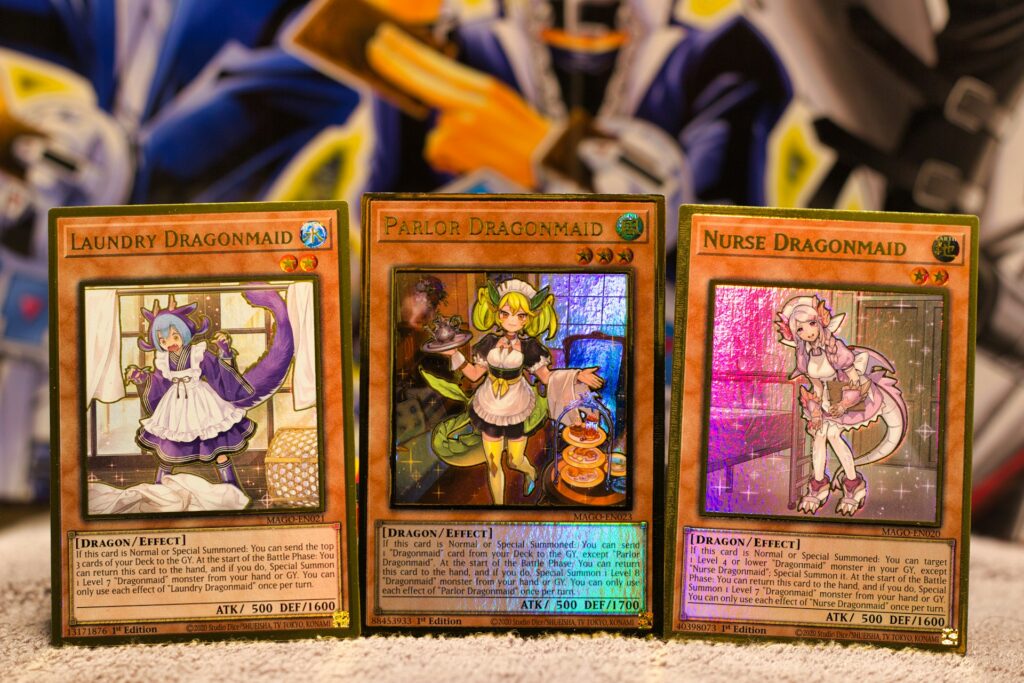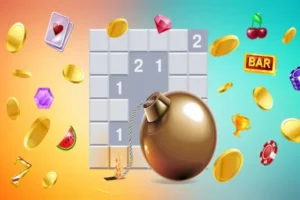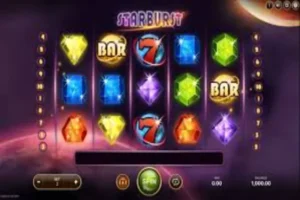From Pocket Monsters to Planeswalkers: Why Card Games Still Cast a Spell


We’ve all got some sort of childhood memory of sitting on a scuffed-up bench in the school playground, clutching a small stack of cards. The playground economy was in full swing, and you were trying to swap three of your boring duplicates for that one holographic card your collection desperately needed. For so many of us, that was it. That was our introduction to the weird and wonderful world of collectible card games, courtesy of Pokémon or Yu-Gi-Oh!.
You’d be forgiven for thinking those days are long gone, that bits of cardboard have been totally replaced by pixels. But you’d be very wrong. Those old games are still alive and well, and alongside them, giants like Magic: The Gathering have built massive, loyal followings. All over the planet, people still enjoy heading to game shops and tournament halls for some after work fun.
So, what’s the deal? In a world of endless digital distractions, why are we still so obsessed with printed card? The magic, it seems, lies in a mix of having something real to hold, a proper challenge for your brain, and finding your people.
The Appeal of Analogue Over Digital Items
Whether you’re enjoying traditional card games or exploring strategic options like those at sites like Betsson casino, there’s something special about games that offer tangible rewards and real engagement. In our digital age, most of the things we “own” today don’t really exist. Your film collection is a list on a server somewhere. Your music is a stream. There’s a simple, undeniable joy in having something you can actually touch. And that’s where card games begin. It starts with the ritual of opening a new pack. That specific crinkle of the foil wrapper, the smell of fresh ink, the little flutter of anticipation before you see what’s inside. It’s a physical thing.
Each card is a miniature print you can actually own. The art can be stunning, pulling you into these fantastical worlds. You can’t hold a JPEG up to the light to see how the shiny bits catch it. You can’t feel the worn edges of a digital card that’s seen you through a hundred tough matches.
And it’s not just about the decks you play with; it’s the collection itself. The binders full of cards, carefully sorted by colour or type. That act of curating your collection, flipping through the pages to admire a rare find or plan your next deck, is a whole other layer of the hobby. It’s your personal museum, a physical catalogue of your journey through the game.
Players Get to Find Their Tribe
The local game shop on a Friday night is a special kind of place. It’s a proper melting pot, with a mix of teenagers, students, people in suits who’ve just come from the office, all sorts really. And they’re all there for the same reason, too, united by this shared, slightly nerdy hobby. It forces you to be social in a way that staring at a screen just doesn’t.
You end up learning to read people, trying to figure out if they’re bluffing. You share a laugh when something ridiculous happens, or a collective groan when someone plays a card that wrecks everyone’s plans. These shops become a haven for a lot of people. It’s not home, it’s not work; it’s a third place where you can just turn up and belong.
New players are almost always taken under the wing of veterans, and friendships are forged over a flimsy fold-out table. Soon enough, you start speaking the language. You have inside jokes about certain cards, you know the local legends, and you can spend hours just talking theory and strategy. It’s a shared world with its own culture, and being part of it feels good.
It’s a Workout for the Old Grey Matter

It’s easy to look at the dragons and wizards and write it all off as kid’s stuff. That would be a big mistake. Underneath the fantasy exterior, these games are incredibly strategic. They’re a fascinating mash-up of chess-like planning and the calculated risks of poker. The game really begins at your kitchen table, with the huge puzzle of building your deck.
Imagine being a chef with a pantry filled with thousands of ingredients. That’s what deck-building is like. It’s a massive creative outlet. Are you going to build something brutally fast and aggressive? Or something slow and methodical that wins the long game? Maybe you’ll try to assemble some obscure, clever combination of cards for a spectacular win. Your deck becomes an extension of you.
But it’s more than that, too. There’s a whole ‘meta-game’ to consider – what are other people likely to be playing? Your brilliant, unstoppable dragon deck might be useless if everyone else is playing a deck that wins before your dragon even hits the table. So, you tweak, you adapt, you add cards specifically to counter what you expect to face. It’s a constant cycle of innovation and reaction, a puzzle that exists outside the game itself.
Then you play, and every single turn is a new problem to solve. Your brain is constantly running calculations. ‘Okay, if I play this now, they might have that card to destroy it. Is it worth the risk? Or should I try to bait it out with something less important?’ It’s a tense, internal negotiation. You’re not just playing your cards; you’re playing the person sitting opposite you, trying to out-think and out-manoeuvre them at every step.
You’re constantly weighing up risks and rewards, trying to get a read on your opponent. It’s that same mental buzz you get from any good game of strategy, whether it’s a classic board game or a strategic card game. And just when you think you’ve got it all figured out, they release a new set of cards and the whole puzzle gets turned on its head. It never gets boring because it’s always changing.
So, is cardboard really here to stay? It certainly looks like it. The pull is just too strong. It’s the satisfaction of the physical object in an increasingly virtual world. It’s the real-life community it builds when it’s so easy to feel isolated. And not to forget the deep, rewarding challenge that keeps your mind sharp. So, next time you see a group of people totally absorbed in a card game, you’re not just looking at a hobby; you’re looking at proof that sometimes, the best kind of fun is analogue, where you’re sitting across from another person with nothing more than a deck of cards and a bit of imagination.





